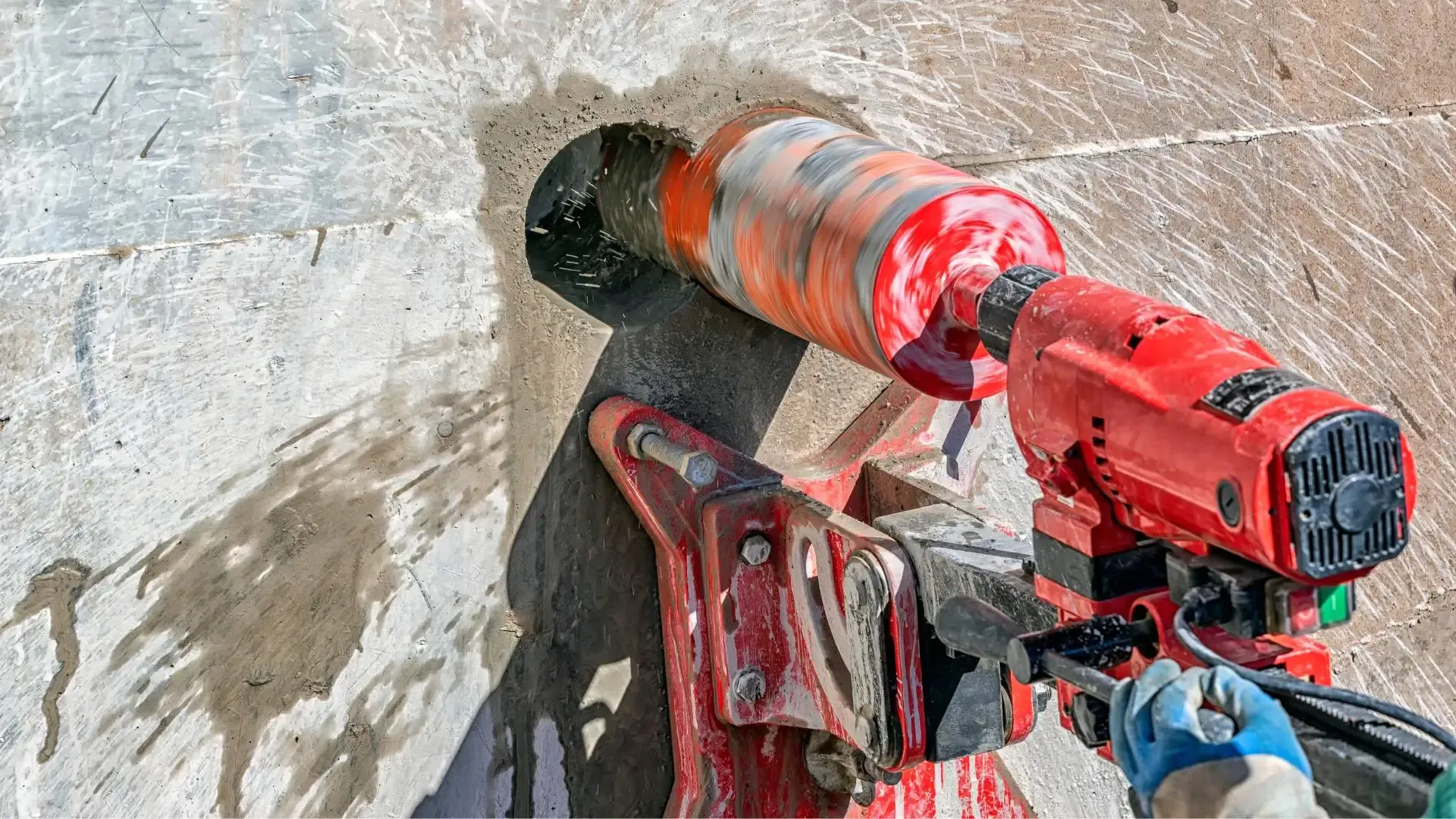Stop Sign Ticket Defense | Proven Methods to Challenge a Stop Sign Citation Successfully

Receiving a stop sign ticket can be frustrating, especially if you believe you did stop or if the situation wasn’t as straightforward as it seemed. Many drivers assume there’s no way to contest such tickets and simply pay the fine. However, with the right strategies and knowledge, you can successfully fight a stop sign ticket and potentially avoid fines, points, or higher insurance premiums. This guide explains how to handle a stop sign ticket effectively from start to finish.
Understanding a Stop Sign Ticket
A stop sign ticket is issued when a driver fails to come to a complete stop at a designated stop sign. Traffic laws require that all wheels of the vehicle stop completely before the stop line, crosswalk, or intersection. Even a brief “rolling stop” is considered a violation.
Law enforcement officers often issue these tickets based on observation. However, visual judgments can sometimes be mistaken. Factors like road conditions, obstructed signs, or officer positioning may lead to errors. That’s why understanding the nature of your ticket and the officer’s perspective is the first step to building your defense.
Common Reasons Drivers Get Stop Sign Tickets
Drivers may receive a stop sign ticket for several reasons:
- Failing to make a complete stop
- Stopping past the limit line or crosswalk
- Failing to stop before turning right on red (when applicable)
- Ignoring hidden or partially obstructed stop signs
- Misjudging an officer’s visibility at an intersection
Sometimes, the cause is not reckless driving but simple misunderstanding or unclear signage. Recognizing the reason behind your citation helps determine the best defense approach.
Consequences of a Stop Sign Ticket
Ignoring or paying a stop sign ticket without contesting it can have lasting consequences:
- Fines: Depending on your state, fines can range from $100 to $300 or more.
- Points on your license: Many states add 1 to 3 demerit points, which stay on your record for years.
- Increased insurance rates: Insurance providers may view the violation as a sign of risky behavior, raising your premiums.
- License suspension risk: Accumulating too many points could lead to suspension or mandatory driving courses.
Given these potential penalties, it’s often worth contesting your stop sign ticket—especially if you believe it was issued unfairly.
Steps to Take Immediately After Receiving a Stop Sign Ticket
Stay Calm and Gather Information
When pulled over, remain polite and cooperative. Do not argue with the officer, but take mental notes about the situation:
- The officer’s location and visibility
- Road and traffic conditions
- Whether the stop sign was visible and properly placed
- The time of day and weather
If possible, take photos of the intersection, especially if you think visibility or placement was an issue.
Check the Ticket Details
Review your ticket carefully. Errors in the citation—such as incorrect time, date, or vehicle information—can be valuable for your defense. Make sure to note the exact violation code as well.
Decide Whether to Contest the Ticket
If you believe the ticket was issued in error or if you have a valid reason for your actions, contesting it is often worthwhile. You have the right to a hearing where you can present your side.
Proven Strategies to Fight a Stop Sign Ticket
1. Challenge the Officer’s Observation
Most stop sign tickets rely on the officer’s visual observation. However, human perception can be flawed. If the officer’s view was obstructed by trees, other cars, or the road angle, you can question the accuracy of their judgment. Use photos, diagrams, or video evidence (if available) to demonstrate the officer’s limited visibility.
2. Present Evidence of a Complete Stop
If you did make a complete stop but were still cited, evidence such as dashcam footage can be powerful. A video showing that your wheels stopped fully—even briefly—can invalidate the officer’s claim.
3. Prove Poor Visibility or Obstructed Signage
If the stop sign was blocked by foliage, damaged, or poorly positioned, it may not have been reasonably visible. Take clear photographs showing the obstruction and bring them to court. The court may dismiss the ticket if it finds the sign was not visible enough for compliance.
4. Use Technical or Procedural Errors
Small errors on your stop sign ticket can lead to dismissal. These may include:
- Wrong location or direction on the ticket
- Incorrect vehicle information
- Missing officer signature or badge number
- Failure to include essential details required by law
Even minor inaccuracies can work in your favor if presented correctly.
5. Argue “Justified Non-Compliance”
In rare situations, you might have had a legitimate reason not to stop completely. For example:
- You stopped slightly ahead to avoid danger or ensure better visibility.
- The road condition made a complete stop unsafe.
- The stop sign was newly installed, and local drivers weren’t yet aware of it.
While this defense can be tricky, explaining your reasoning clearly and providing evidence can persuade a judge to show leniency.
6. Request Officer’s Absence
In some jurisdictions, if the officer who issued the stop sign ticket does not appear in court, your case may be dismissed automatically. Check whether your state allows this defense strategy and whether the officer’s attendance is mandatory.
7. Seek Legal Assistance
Hiring a traffic attorney can be beneficial if you’re unsure about handling the case alone. Attorneys know how to challenge officer statements, identify procedural flaws, and negotiate for reduced penalties or dismissals. They can also represent you in court, saving time and stress.
How to Prepare for Court
If you decide to contest your stop sign ticket, preparation is key:
- Gather all evidence: photos, dashcam footage, or witness statements.
- Organize your notes: Include every detail about the incident.
- Rehearse your argument: Stay polite, factual, and avoid emotional appeals.
- Dress appropriately: Appear respectful and professional in court.
- Arrive early: Being on time shows responsibility and respect for the court.
The judge will appreciate a well-prepared, logical defense. Your professionalism can influence how your case is perceived.
Preventing Future Stop Sign Tickets
The best strategy is to avoid getting another stop sign ticket altogether. Here are some prevention tips:
- Always make a full stop, even when the road looks clear.
- Count “one, two, three” before proceeding to ensure a complete stop.
- Be mindful of hidden or partially visible signs.
- Avoid distractions like phones or conversations when approaching intersections.
- Keep dashcams running as they can serve as valuable evidence in future situations.
Consistent safe driving habits not only protect you from tickets but also keep the roads safer for everyone.
Conclusion
Fighting a stop sign ticket is absolutely possible if you understand your rights and prepare your case effectively. Whether it’s questioning the officer’s observation, proving obstructed signage, or using procedural errors, there are multiple ways to build a strong defense. Even if your case isn’t dismissed entirely, you might succeed in reducing fines or preventing points from appearing on your record. With careful preparation, honesty, and the right approach, you can turn a frustrating traffic citation into a learning experience—and possibly a victory.










